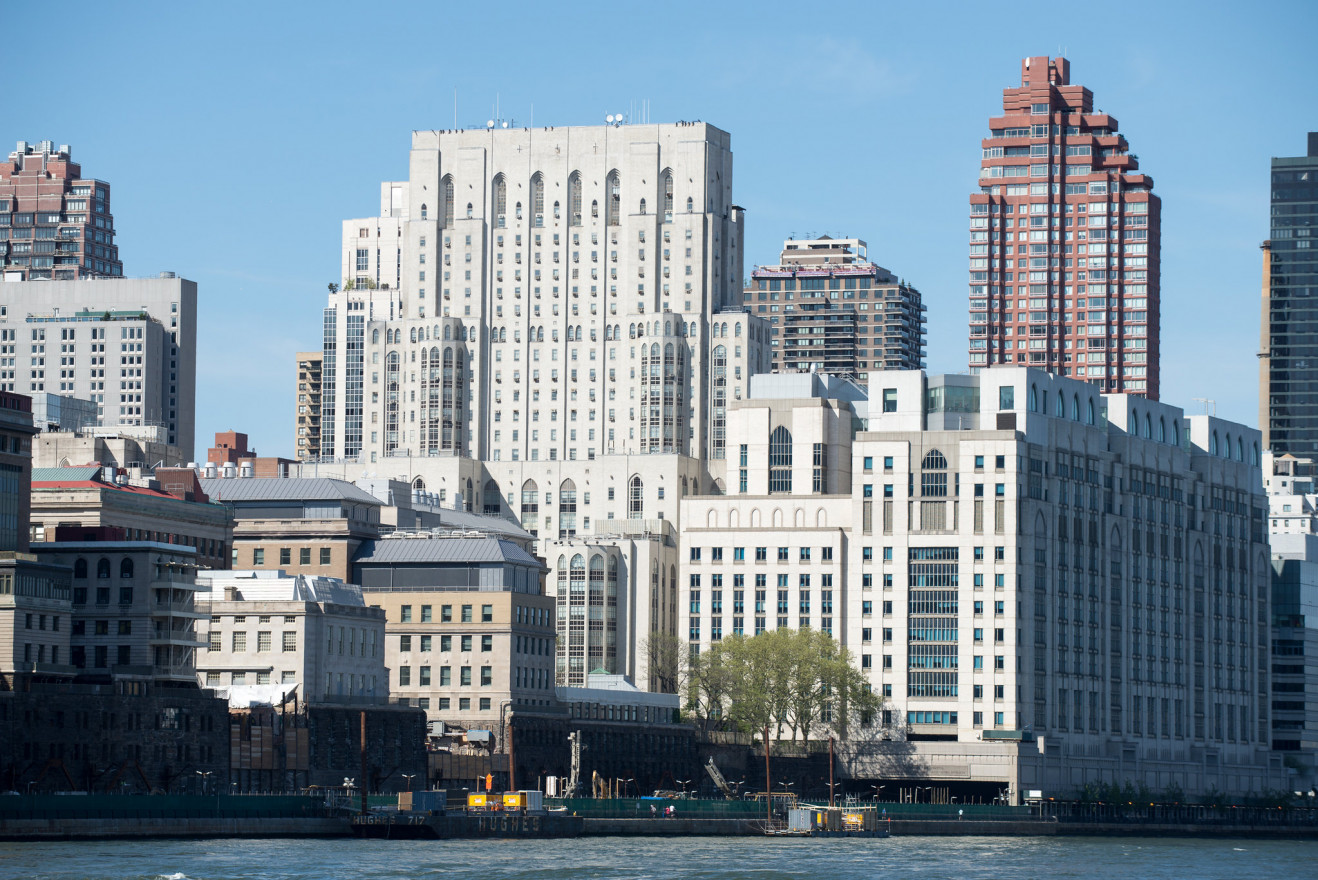
NewYork-Presbyterian Hospital in New York, New York (massmatt/Flickr https://creativecommons.org/licenses/by/2.0/).

NewYork-Presbyterian Hospital in New York, New York (massmatt/Flickr https://creativecommons.org/licenses/by/2.0/).
I couldn’t breathe. What started off as a cough ended up admitting me to pediatrics at New York-Presbyterian Hospital for 6 hours.
May 2019. I don’t remember the exact date, but I know it was a Tuesday. The day started off seemingly normal, or so I thought. I woke up with my chest tight, not a rare occurrence since I struggle with anxiety. I really didn’t think anything of it.
I’ve always struggled with the allergy season. I had childhood asthma, my mom used to administer nebulizer treatments to me at night when I was in elementary school. A couple of annual checkups later, my pediatrician told us I outgrew my asthma. I was given a fresh albuterol inhaler prescription and was told to pick it up and keep it on me at all times.
My parents live on Roosevelt Island, a small island between Manhattan and Queens. There’s an aerial tramway that connects the island to the Upper East Side of Manhattan and only one subway line, the F train. In the early spring, Roosevelt Island is known for its lush cherry blossom trees and the annual cherry blossom festival. Needless to say, when you live here and struggle with allergies, you have to take preventative measures. I wouldn’t leave the house unless I’ve taken my allergy medication and have some on me just in case. Yes, it’s that serious.
Seasonal airborne allergen exposure in the US begins with the release of tree pollen in the spring. According to the National Climate Assessment, between the 1950s and the early 2000s, warmer winters and earlier arrival of springs has resulted in the earlier flowering of oak trees. Increases in CO2 have induced earlier and much more intense seasonal pollen production in pine and oak trees. The first week of May is historically known as the worst time of the year for pollen levels in New York City.
And so that’s what I did. I was getting ready to go meet up with some friends for lunch. I took some Zyrtec and tucked the rest of the pack in my bag before leaving. We were meeting at a taco spot not too far away from the Manhattan tramway stop. I figured I would just take the tramway and walk for 20 minutes.
The National Climate Assessment details how rising temperatures and increased CO2 concentrations can influence asthma in “three ways: by increasing the duration of the pollen season, by increasing the amount of pollen produced by plants and by altering the degree of allergic reactions to pollen.”
As I was walking, my chest felt like it was getting heavier and heavier. I figured it was just my fast pace (of course, I was running late). I knew something was wrong when I was on the corner of 68th street. At this point, my cough had become uncontrollable and I was starting to wheeze. I was looking for somewhere to sit so I could catch my breath. I found a stoop and immediately called my mom. The second she heard me on the phone she told me to hang up and call 911. And that’s what I did. I hadn’t been carrying my inhaler around for years because I really didn’t think I would ever need to use it after so long.
Climate change is lengthening and intensifying pollen seasons. For people with allergic asthma, exposure to certain types of pollen can result in worsening of symptoms leading to increases in allergy medication sales and emergency room visits for asthma, as already documented in New York City.
I don’t remember riding in the ambulance. When I woke up, the nurse taking care of me explained how I had a severe asthma attack. She talked about how she’s seen more and more people have been coming into the ER for asthma treatment. I asked why. She then in turn explained how pollen seasons have been longer and more intense due to warmer temperatures.
Experts are noticing a longer-term trend in allergy complaints and are linking it to climate change. “As global warming increases, it’s actually making the seasons longer and making the pollen counts much higher,” said Dr. Purci Marikh with the Allergy and Asthma Network in an interview with Jeff Smith from ABC7NY news.
I’ll probably never know if climate change caused all that extra pollen that sent me to the emergency room that day, but the science is definitive. Warming temperatures usher in way more pollen…for way more of the year. It affects more and more people every year, and I may have been one of them.